Mangaluru, Sep 27: Dakshina Kannada Muslim Association, a newly formed group of philanthropists, has said that it would distribute beneficiary cards to the Muslim working women too if they were found eligible.
S M Rashid Haji, the president of the Association told media persons on Tuesday that they have already distributed cards to around 85 beneficiaries.
“Today, we distributed beneficiary cards, health cards and free SIM cards to the sole bread winners of 32 poor families. In the past we had distributed such cards to over 50 beneficiaries,” he said.
He said that aspirants of the beneficiary cards can still apply for the same with a certificate from their jurisdictional mosque jamaaths. The last date to submit applications is November 30, 2016.
The intention behind the formation of the Association was to help the poor families in case of the sudden demise of their breadwinners. The Association will donate Rs 2 lakh to the family of each beneficiary card holder after his or her demise.
The families of only those who get beneficiary cards from DKMA will be eligible to receive the amount after their demise. They beneficiaries will also be eligible to get free treatment at Yenepoya Medical College Hospital at Deralakatte.
He said that the Association will distribute beneficiary cards the poor men or women only if they were the breadwinners of their family. “Cards will not be distributed to those who don't work,” he clarified.
Donors Mansoor Azad, Shaukath, Asif Home Plus and Sulaiman Karaya were present on the occasion.
Also Read: DK Muslim Association' launched to help bereaved Muslim families




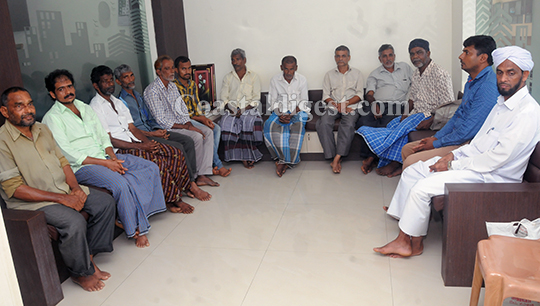
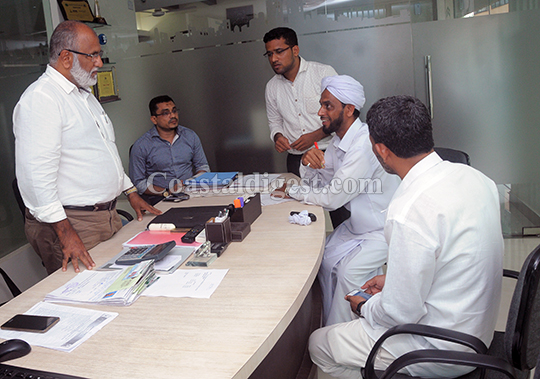


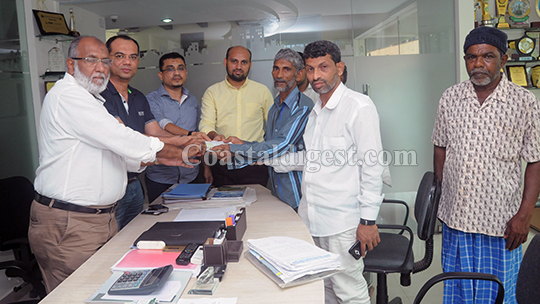

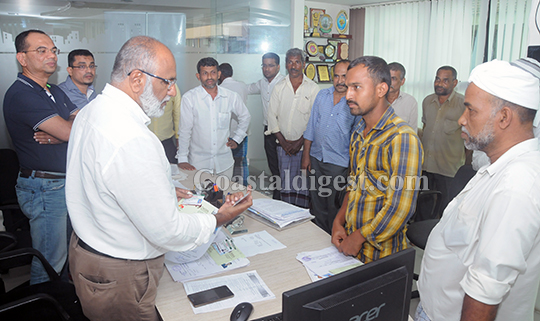
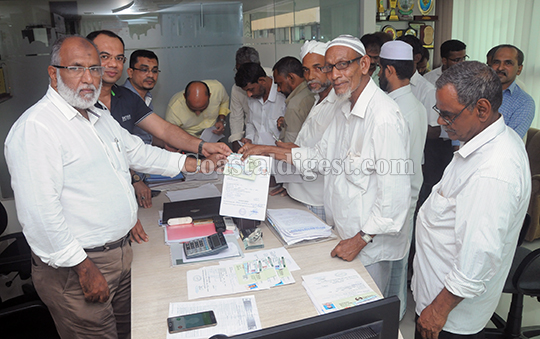
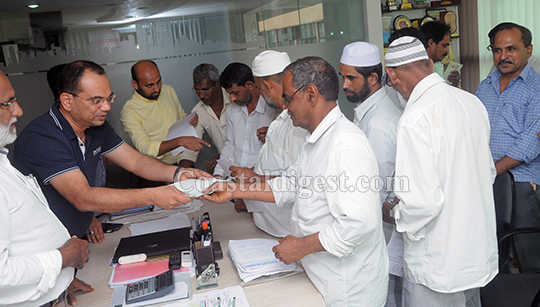
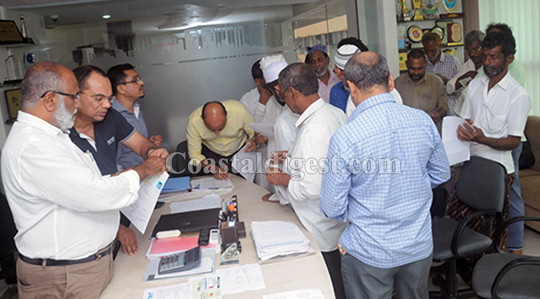
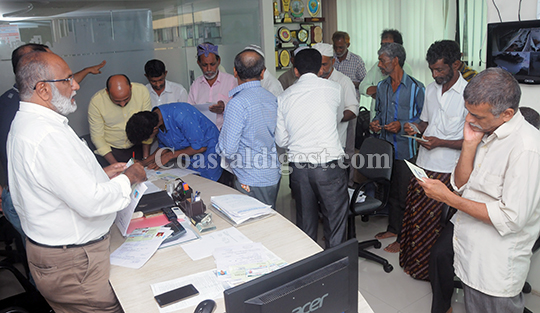
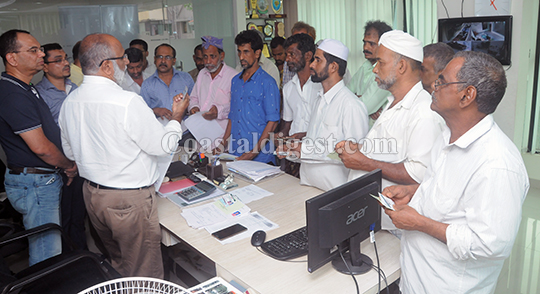




Comments
Masha allah
Good work by DKMA commendable. Keep it up.
Add new comment